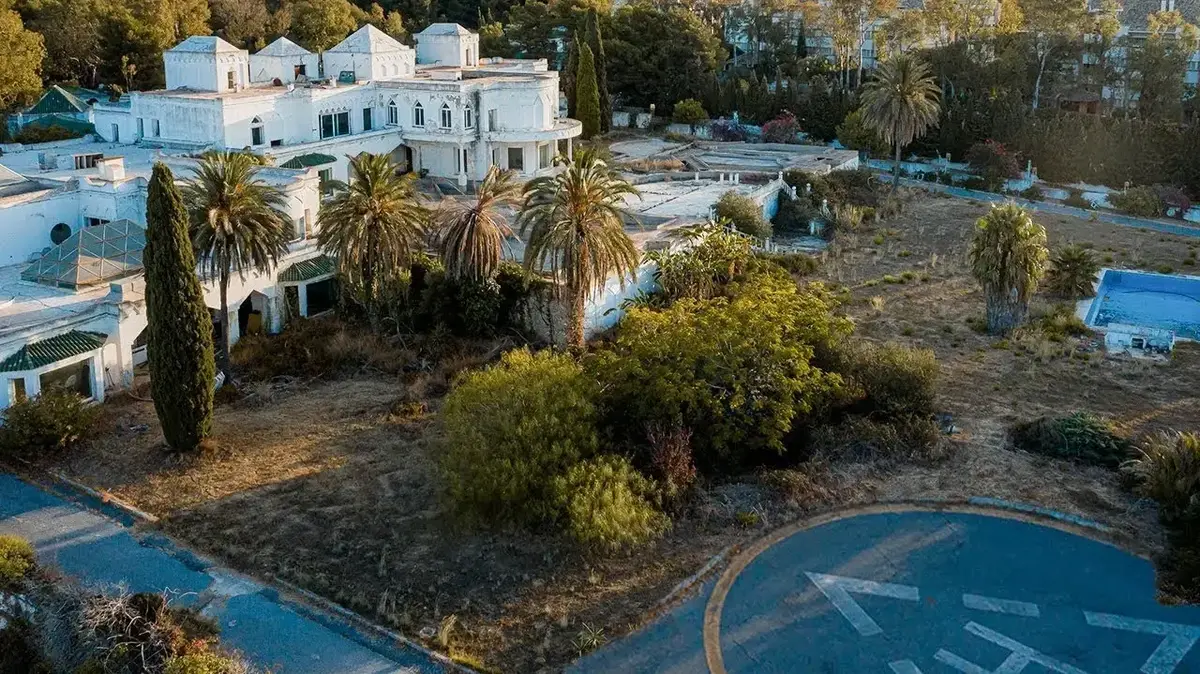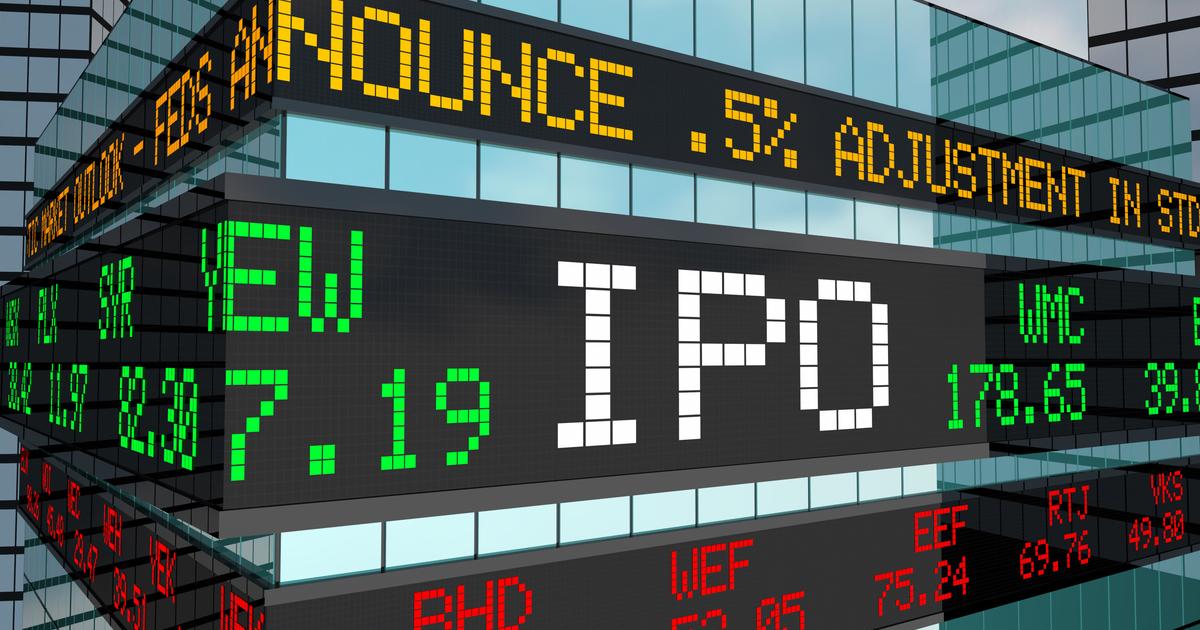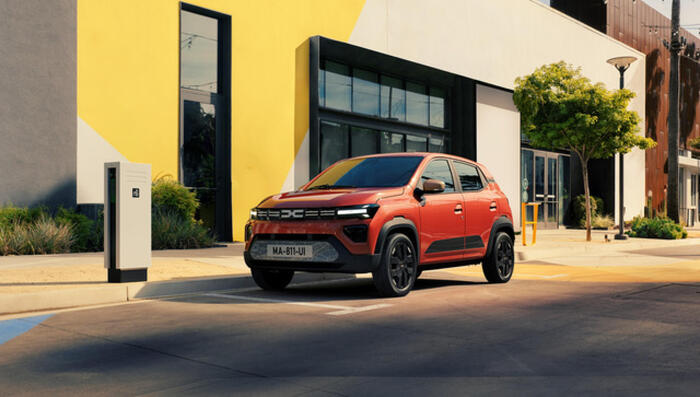The most profitable company in the world should actually go public: Aramco, Saudi Arabia's state-owned oil company. Again and again, the IPO was postponed, now the kingdom has announced that shares of the company would be traded soon - in December, it should be so far.
The Saudi Crown Prince Mohammed bin Salman - MbS for short - wants to put Aramco on the stock market because he needs the money for his "Vision 2030". With this, the 34-year-old wants to change the desert kingdom and secure his long-term power.
The crown prince tries to prevent that in Saudi Arabia eventually comes to mass protests, as in so many other countries of the region. To achieve this, he is implementing social reforms at a record pace, such as the right of women to drive a car, while at the same time brutally persecuting those who have long been committed to reform. The Kronprinz also wants to fundamentally change the oil-dependent economy, and for this he needs the money from the Aramco flotation.
Saudi Arabia has a role model
Because the previous economic model of Saudi Arabia has had its day. Even now the rich country can no longer afford to satisfy all its citizens with generous social benefits. MbS has announced that it wants to diversify the economy and create a sustainable, dynamic private sector - from above, just like the small United Arab Emirates once did.
Key project is "Neom", a kind of Silicon Valley on the Red Sea, which he wants to stomp for at least $ 500 billion from the desert. (Read more about the backgrounds here)
The Crown Prince hopes that the value of Aramco on the stock market is estimated at $ 2 trillion. But so far, Saudi Arabia has only sparingly revealed information about the state-owned company. As a result, analysts' estimates of Aramco's estimates range from $ 1 trillion to more than $ 2 trillion-an enormous spread.
Some private investors may well be deterred that their money would flow directly to a state with a staggering human rights record:
- Thirteen months ago, journalist Jamal Khashoggi was murdered in the Saudi Arabian consulate in Istanbul and his body was dismembered.
- The UN Special Rapporteur Agnès Callamard came to the conclusion that it was a planned murder on behalf of the state.
In terms of environmental policy, too, the purchase of shares is worrying: As the world's largest oil company, Aramco is the company that is currently responsible for the highest carbon dioxide emissions worldwide. Definitely not a company of the future.
SWF as an instrument of power
Saudi Arabians are tempting potential investors to promise a dividend of at least $ 75 billion annually between 2020 and 2024. Nevertheless, the previously lack of transparency remains a barely calculable risk. It is questionable whether Aramco will in the future really always look into the cards, as dictated by the rules of stock exchange supervision - after all, it is the group of an increasingly dictatorial state.
In fact, Mohammed bin Salman already uses his "Vision 2030" to amass more and more money under his direct control. The expansion of the Saudi Arabian state fund, in which Aramco's income flows, is primarily motivated by political power, writes Stephan Roll, an expert at the Science and Politics Foundation.
The crown prince secures his rule with the sovereign wealth fund, so Roll. If the successes of the "Vision 2030" did not materialize, the fund would be a kind of reinsurance: if it then turned into protests, the Crown Prince could buy the loyalty of the security apparatus and important population groups - as well as international support.















